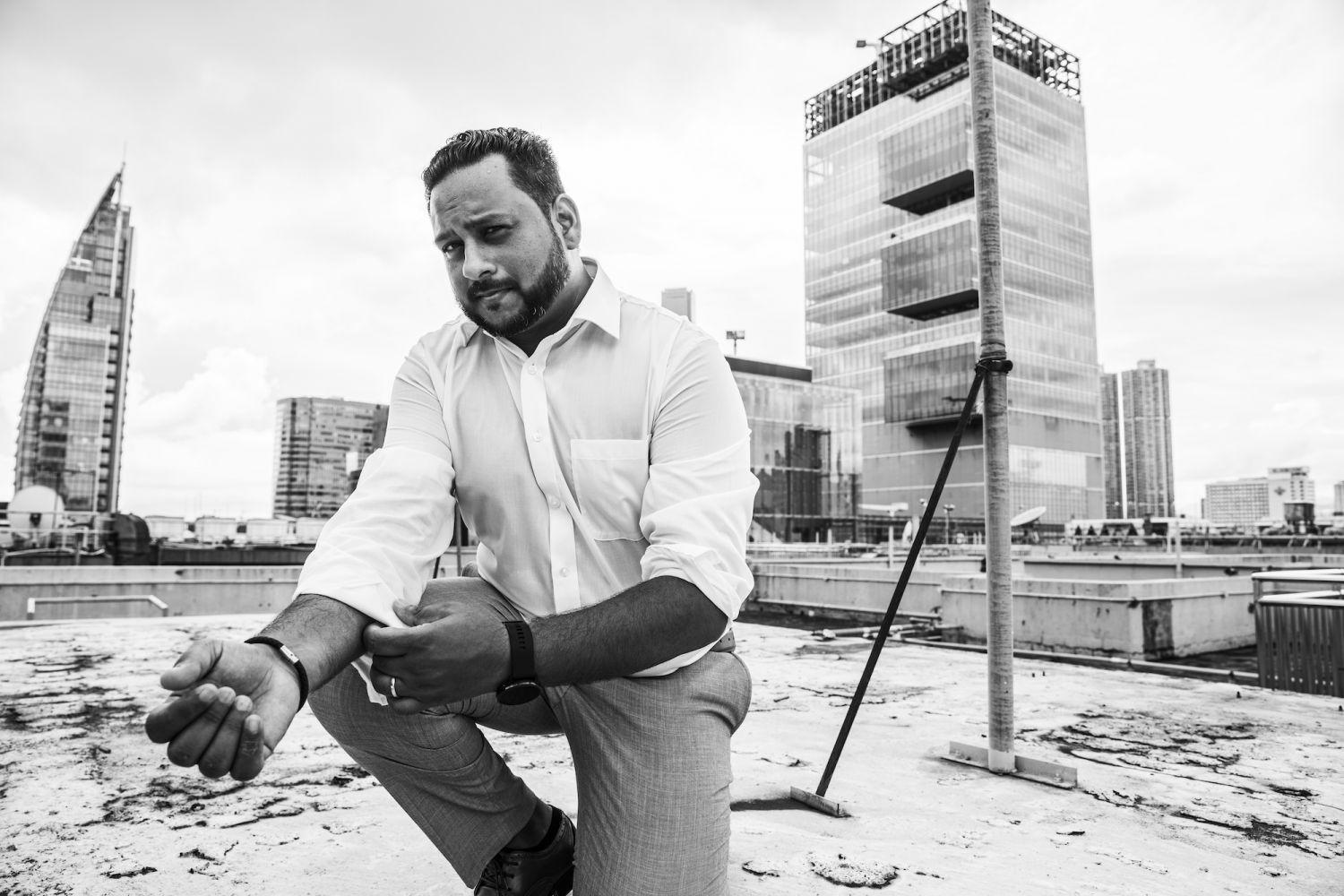Jeffrey Andrews is a social worker fighting for ethnic minority rights in Hong Kong. He details how a brush with crime as a teenager led to a boundary-breaking career
From being placed at the back of the queue for public hospital visits to food delivery customers requesting “no Indian or Pakistani riders” to being unable to secure a burial ground for family members, the South Asian community in Hong Kong faces a plethora of challenges. Having had first-hand experience of discrimination himself throughout his life, Jeffrey Andrews is committed to fighting for a more equal and understanding society.
In the decade between 2011 and 2021, there was a 56 per cent increase in South Asian residents, which includes people from India, Pakistan, Nepal, Sri Lanka and Bangladesh, according to government census data. The city is often referred to as a cultural melting pot thanks to its eclectic mix of people from all over the world, but even for those born in Hong Kong to South Asian parents, like Andrews, discrimination and a lack of equal opportunities are still rife.
For more than a decade, Andrews has championed the rights of ethnic minorities, battled against loopholes in anti-discrimination law, highlighted the racism and lack of opportunity that befall the community, and supported vulnerable Hongkongers who are often overlooked by authorities.
The ex-triad member turned-registered social worker is the manager of non-profit organisation Christian Action, located in Tsim Sha Tsui’s Chungking Mansion. The facility, open six days a week, is the only drop-in centre in Hong Kong for refugees and asylum seekers, and provides hot meals, counselling and support to those who are disadvantaged, marginalised or have been abandoned.
“There is a lack of comprehensive education curricula for ethnic minorities in Hong Kong, which hinders their integration into society. [Ethnic minorities] end up in menial jobs as construction workers, security guards or delivery boys. Discrimination is an ongoing struggle, and racial profiling, segregation and a lack of belonging create a sense of second-class citizenship,” says Andrews, who is of Indian descent and speaks fluent Cantonese.
No stranger to racial slurs, Andrews says he was targeted and abused by strangers as a child, and, despite having a talent for football, was often refused entry to pitches because of the colour of his skin. Through the foundation, Andrews and his team spearhead anti-racism campaigns to promote more cultural sensitivity and foster greater understanding, from tours of Chungking Mansions to the launch of a refugee football team called United Colours of Christian Action. “I am proud [of the work we are doing to] help make the word ‘refugee’ no longer a negative term in our society,” he says.
The world is watching: in 2014, Andrews was invited to the United Nations’ committee on economic, social and cultural rights in Geneva to speak about the issue of racial segregation in schools. In 2016, he received an award from the Hong Kong government in recognition of his services and contribution towards racial harmony and integration. In 2019, Cathay Pacific named Andrews a change-maker and, in 2020, he was recognised by football club Manchester United as one of seven global heroes. However, life could have gone very differently.
